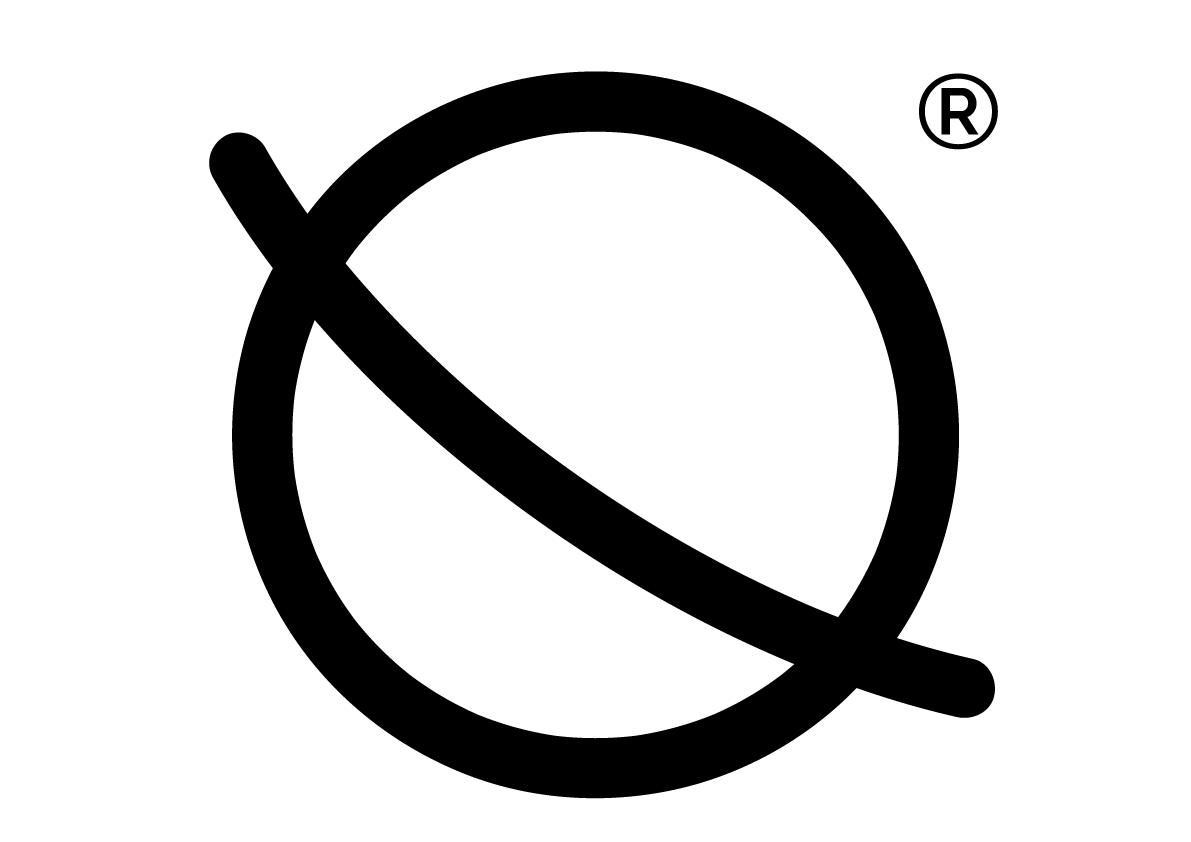Minimalism: What Is It and How It Can Change Your Life
New year incoming, and we’re already looking at our new year resolutions! As the world comes out of the festive and gifting season, many will might already be thinking about reducing their spending and waste. It is unsurprising then that, in the new year, many people are moving towards and aiming for a more minimalist lifestyle.
You may have seen the term “minimalism” being thrown around a lot (particularly during lockdowns!), in fact, it probably started a few years ago with Marie Kondo, the organising/ tidying expert. On the other hand, minimalism usually conjures images of people with capsule monochrome wardrobes or modern yet simple home designs. While this is somewhat true, it is not what minimalism is really about.
In order to fully grasp its true essence and enjoy its life-changing benefits, it is important to first understand the proper definition of the term.
So What Exactly Is Minimalism?
In simplest terms, it is a lifestyle movement that encourages people to adopt the idea that when it comes to things, less is more. Minimalism promotes a more conscious engagement with both the things that we own and the world around us, prompting us to live deliberately and consider the consequences of our actions and purchases.
Life Changing Benefits of Minimalism
While at first it might seem challenging, minimalism actually has a number of surprising benefits beyond the obvious saving of money.
Keeps Your Focused on Things that Matter
Having too many material things may stop you from focusing on the things that matter. Living a minimalist lifestyle means getting rid of these distracting things, allowing you to focus on the more important aspects of life, like your health, hobbies, and family.
Gives You More Time, Energy and Space
Let’s face it, the more things you buy, the less money you have, but also the less space! For those of us already living in a small apartment, or those that don’t have access to great amounts of storage at home, minimalism might be the way forward.
Less things means more space to enjoy in your house and in life! Also that little extra money can go towards experiences as opposed to physical products, creating lasting memories.
Gives You More Peace Of Mind and Happiness
With minimalism, you have less things to worry about, which ultimately creates a calm, peaceful mind. This can be seen in the popularity of reselling or donating clothes or household items. Many people have also found joy in reselling, renting or donating the products they own (but not fully enjoy) to people who need them. Plus, the rise in renting and second-hand purchases shows that the new things aren’t as important any more.
Yes, you can find happiness in being more efficient, having refocused your priorities and enjoying the experiences rather than worrying about things.
Minimalism and the Environment
The great news is that by reducing your physical possessions, you are also helping the environment since the basic tenets of minimalism are surprisingly in tune with living in an eco-friendly way. Overconsumption of the earth’s natural resources is one of the primary causes of the environmental issues that we are facing today. Living a more minimalist lifestyle can really help reduce waste and carbon emissions, helping our environment and planet cope better by reducing the pressures on our resources.
How do we do it?
So now you’ve learnt about the benefits of minimalism, but how do you start leading a more minimalist life? Here are a list of tips we find quite useful as a guide towards minimalism:
Always think about where the product is going to live in your home before you buy it. Don’t have space? Don’t buy it.
Go through your clothes. That dress you haven’t worn in years and doesn’t fit? Try selling it or donating it to charity (if in good condition!). It might bring someone else the same joy it brought you! Plus you might unearth old items that you forgot you had. Or take it to a recycling bin, most shops will provide you with a discount for any items donated for recycling.
Gifts experiences instead of things. Might be a tad late for the gifting season, but start the new year afresh and instead of giving socks or clothing for birthdays, why not buy them a ticket to the theatre? Or a gift voucher at their favourite restaurant? Think of things they can enjoy but isnt adding to their physical possessions.
Minimalism can also be applied in other areas of your life: Try heading to the farmer’s market for food, and buying what is seasonal. Not only will you have fresher produce but most likely you won’t end up with the bunches of plastic packaging at the end.
Conclusion
Through minimalism, we can reduce our eco-footprint and make sure our consumption patterns don’t strip the Earth from the natural resources we need to survive. For instance, by making a conscious decision to only purchase what is absolutely needed, we’ll naturally consume less, especially in terms of the plastic and non-recyclable materials that we use on a regular basis. It also makes us more aware of how much waste we generate so we can take active steps to curb them.
While it does seem like a bold claim, minimalism may well be the best solution to the current problems facing us right now, both as individuals and as a global community.
Read next >>>


